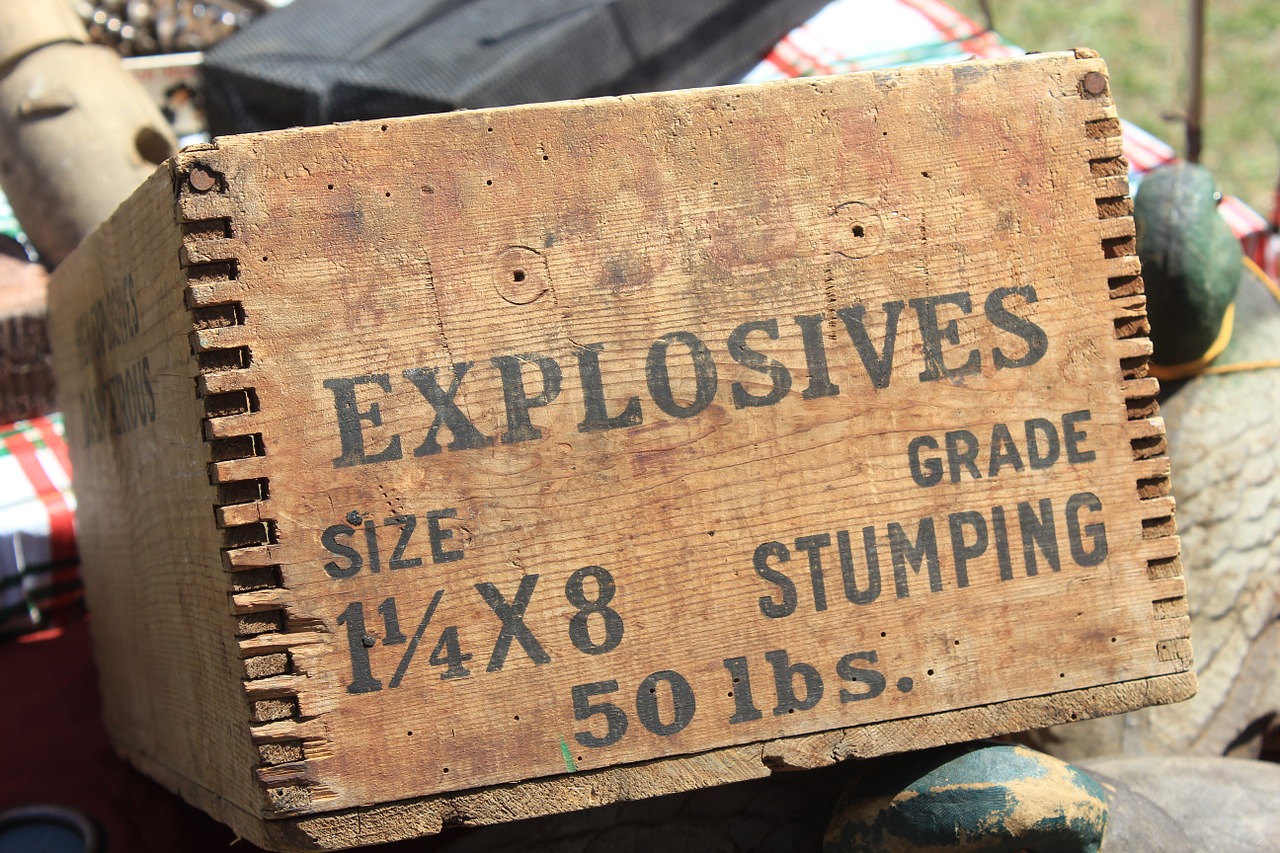Nobel Peace Prize

“And I will give him a white stone, and on the stone a new name written which no one knows except him who receives it.” [Revelation 2:17]
Most of us have heard of the Nobel Peace Prize, but do you know the strange details that led to the forming of this prestigious award? Alfred Nobel was born in 1833 in Stockholm, Sweden. After receiving a firstclass education in Russia the family returned to Sweden, where he and his brothers worked as chemical engineers.
Alfred Nobel did not invent nitroglycerin but was first to produce it commercially. In 1863 he developed a detonator for nitroglycerin using a strong shock rather than heat. But nitroglycerin in its fluid state is very volatile. Several explosions in his laboratory proved this, including one in 1864 in which his brother Emil and several others were killed. Recognizing this danger, Nobel moved his experimentation to a barge anchored on a lake outside Stockholm.
After much experimenting he eventually invented dynamite, also known as “Nobel’s Safety Powder.” This new material was made from a combination of nitroglycerin absorbed by a porous clay substance and was five times as powerful as gunpowder. This provided an easily handled, solid yet malleable explosive. Mining, railroad building, and other construction became much safer, more efficient, and cheaper. But military leaders also realized the value of dynamite for demolition and destruction. This deadly use of his creation greatly troubled the “Lord of Dynamite,” who was a pacifist and strongly opposed the wartime uses of his inventions.
In 1895 a newspaper confused the death of Nobel’s older brother with Alfred, and published Alfred Nobel’s obituary before he had actually died. Nobel was horrified to read that he was remembered as the man who created the explosives that caused so much death and carnage. Perhaps to alleviate his conscience, and to improve his legacy, upon his death his will provided that the bulk of his vast fortune go to a fund that would award prizes annually for advancements in physics, chemistry, medicine, literature, and peace. Alfred was also a great entrepreneur. Over the years he founded 90 factories and laboratories in more than 20 countries, and he held 355 patents.
Few people read their obituary before their death, and fewer still get a chance to change their reputation. But because of the matchless gift and sacrifice of Jesus we can have a new name.





